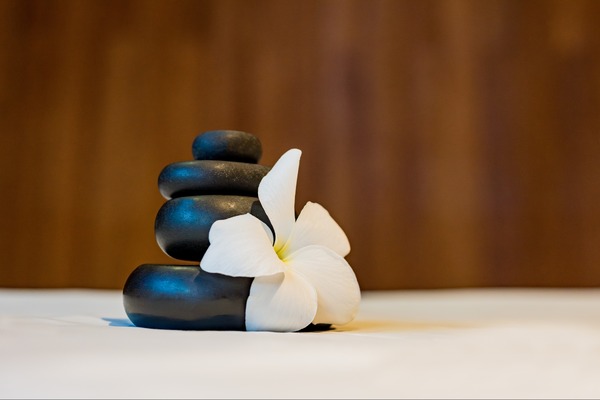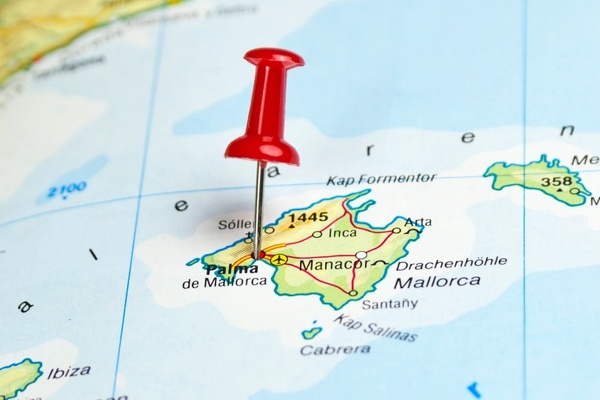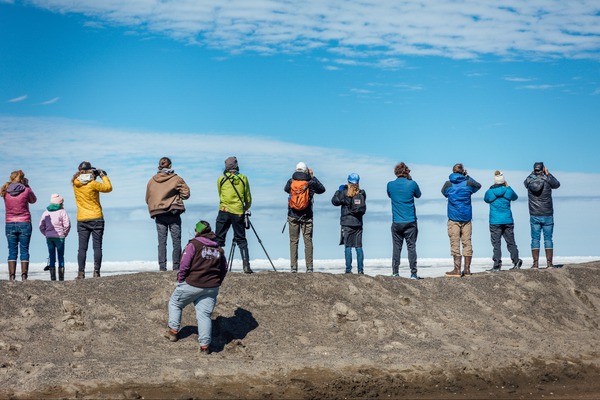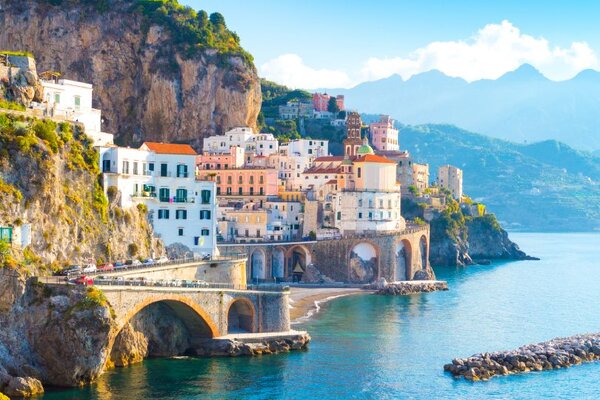Community-based tourism: what is it and how should you sell it
 Eloise Barker
Eloise BarkerIt’s important to address common myths and misconceptions about engaging with communities – because done well, it helps build a more equitable tourism industry
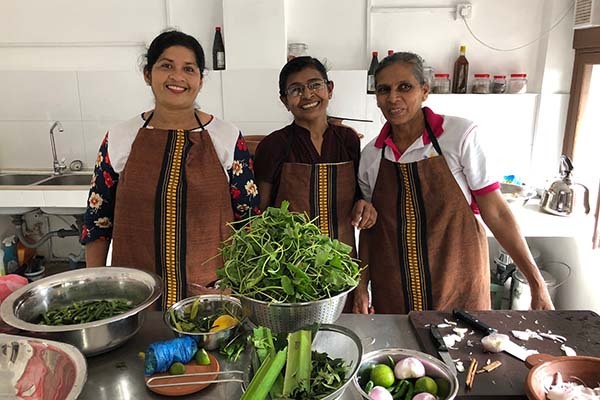
What is community-based tourism?
A rainforest ecolodge with solar-powered boats; a village-to-village trek that’s providing an alternative to urban migration; a homestay with a marginalised group that helps elevate their status: in community-based tourism, a community develop and own, co-own, or receive the bulk of the money from a tourism project in their area. Each is unique; tailored to what works for the group.
Why does it matter?
Don’t confuse unique with niche. In a year when overtourism has made headlines, community-based tourism is part of a wider, increasingly vital drive for more equitable tourism, one that spreads the benefits of tourism more equally in an area. In October, The Travel Foundation released a report on creating equitable destinations, featuring fantastic case studies on places like Sweden, the UK, Nepal, and Bhutan.
It sounds very worthy…
Despite its importance, community-based tourism is often met with preconceptions. Many travellers have memories of uncomfortable ‘community’ experiences: observed a ritual that felt like a performance rather than a lived tradition, or felt like a hostage in someone’s friend’s craft shop. I’ve accidentally walked in on a village meeting, realising too late that my presence as a tourist was totally inappropriate.
We might understand that community-based tourism does good, but perhaps we’re worried that it will make us feel bad.
But, in fact, it can be one of your most memorable and enjoyable experiences on holiday. Let’s bust some myths…
These experiences sound basic and uncomfortable…
Many prefer to host their guests outside their communities, in purpose-built guesthouses. These run the gamut from luxury safari tents, to secluded ecolodges.
Actual homestays, though – aren’t I imposing? Won’t it be tiring, playing the role of appreciative guest?
Lots of homestays are only one night long to mitigate this. And whilst it might be your first homestay, many projects – like the community trekking at Tesfa Tours, Ethiopia, or community stays with hill tribes in Thailand – are well-established, their hosting model honed to a fine art.
I see milk churning and vegetable picking on the itinerary. Isn’t the idea of tourists ‘helping’ around the village farm a bit patronising?
Some activities are cultural practices that the community want to preserve, and good projects consult extensively before designing activities. It should never feel forced, and no one has forgotten that you’re meant to be on holiday, not on work experience. Expect: archery, cookery, football before dinner, a fire afterwards.
Do homestays reinforce harmful gender roles: women doing all the hosting, male landowners setting the terms?
This is being addressed, a great example is among the Maasai in Kenya. Good projects ensure that women are upskilled and given management opportunities, but the immediate financial benefits of home-based hospitality and crafting roles are often established first.
The global pandemic showed that tourism is not always a reliable income source – should communities rely on it?
True, there can be more risk in full community ownership. Communities are better protected if projects are part-owned by larger organisations, NGOs or tourism companies, so financial risk is spread. Many successful projects are additional income streams, not entire livelihoods, and other enterprises, like farming, are maintained around the tourism season. Host families and hospitality roles are rotated.
How do you sell a good project?
By understanding that a community focus is often just part of a good holiday. Many projects are best accessed as part of a wider trip; a way to see a destination in depth: such a homestay near Machu Picchu.
Lots of small projects have tiny marketing budgets and cannot sell themselves. That’s why many operate in partnership with tourism organisations, non-profits, or development organisations who run their marketing and bookings.
More people are open to community-based tourism than you think – but you need to be the one to present it to them.
We can all be amplifiers of good projects. The truth is, once you find them, you’ll want to shout about them, too.
Eloise Barker writes for Responsible Travel
Sign up for weekday travel news and analysis straight to your inbox

Eloise Barker
Supplier Directory
Find contacts for 260+ travel suppliers. Type name, company or destination.


